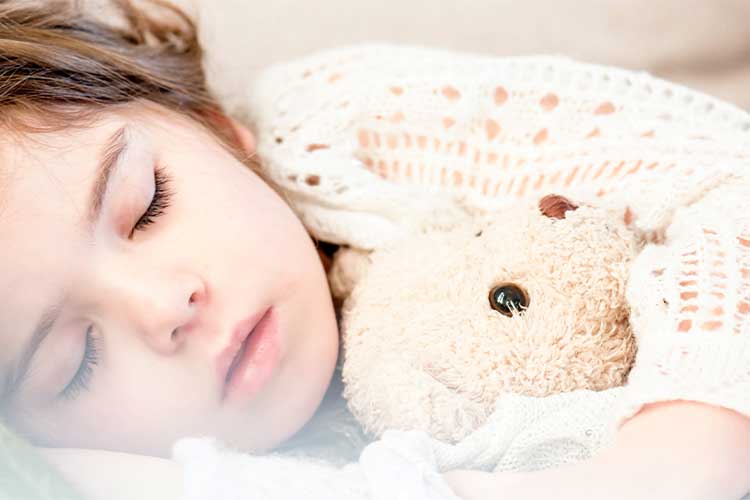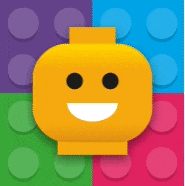Airways in Children: Why Parents Should Pay Attention to Their Child’s Breathing

Your Child's Breathing Is Important
You should encourage nasal breathing rather than mouth breathing, especially while you are sleeping. As well as allowing the lungs to receive more oxygen, nasal breathing also acts as a filter to prevent some small particles from entering the lungs. It is best to breathe through the nose whenever possible, except during illness. Mouth breathing lets unfiltered, cold, dry air enter the lungs.
Mouth breathing can sometimes lead to gum disease and tooth decay, resulting in distortions in how the upper and lower jaws form, crowded teeth, and poor swallowing habits.
During the day, parents can monitor their child’s breathing habits to remind them that they should breathe through their nose. Every breath during sleep should also come from the nose. If your child has trouble keeping their lips together, there may be a restriction, such as an enlarged tonsil and adenoids, that make it difficult to breathe through the nose. If you suspect your child has an issue, you can speak with his or her pediatrician.
Importance of Your Child's Sleep
People, especially children, need a good night’s sleep. Some children suffer from breathing problems during sleep (also called sleep-disordered breathing) without even realizing it. In order to maintain good health throughout your lifetime, one night’s sleep at a time requires an unobstructed (unblocked) airway during sleep and while awake.
Sleep is important for your child, but it’s also important that he or she gets good quality sleep. Sleep restores energy, promotes physical growth, and helps with mental development. In addition to behavioral issues, poor brain development and high blood pressure, not getting enough quality sleep can have negative consequences. You should pay attention to your child’s breathing during sleep and in wakefulness.
It is easy for air to pass through your airway as you breathe in and out when your airway is open. When your tongue/soft tissues block (obstruct) your airway while sleeping, then snoring occurs. That is when air attempts to push its way through your blocked airway as you breathe in and out, which makes the sound.
Other signs of sleep-disordered breathing your child might be experiencing include:
- Bed-wetting
- Unusual sleep position
- Teeth grinding
- Sweating
- Waking up frequently
It is also possible for your child to exhibit behavioral signs while awake. ADHD children may have sleep problems, resulting in similar behavioral signs:
- Trouble concentrating
- Daytime drowsiness
- Fidgeting and hyperactivity
- Irritability or moodiness
A Pediatric Dentist Can Help Identify Your Child’s Breathing Problems
During a dental exam, your child’s dentist may also be able to identify common signs of disordered breathing, including tongue positioning, mouth breathing and face shape. It is possible to start treatments before any health problems arise by detecting poor breathing habits and jaw and airway development early. Your child’s dentist can discuss treatment options directed at the source if he or she suspects your child may be suffering from sleep-disordered breathing.
Sleep restores energy, promotes physical growth, and helps with mental development.

Do you suspect your child may be suffering from sleep-disordered breathing issues? Call us to schedule an appointment!
Call us and schedule your child’s appointment today: (702)586-4347
Should I give my child bottled or tap water?
Should I give my child bottled or tap water? Benefits...
Read MoreWhen do baby teeth come in and when do they fall out?
In this article you will find: Chart of when your...
Read More




